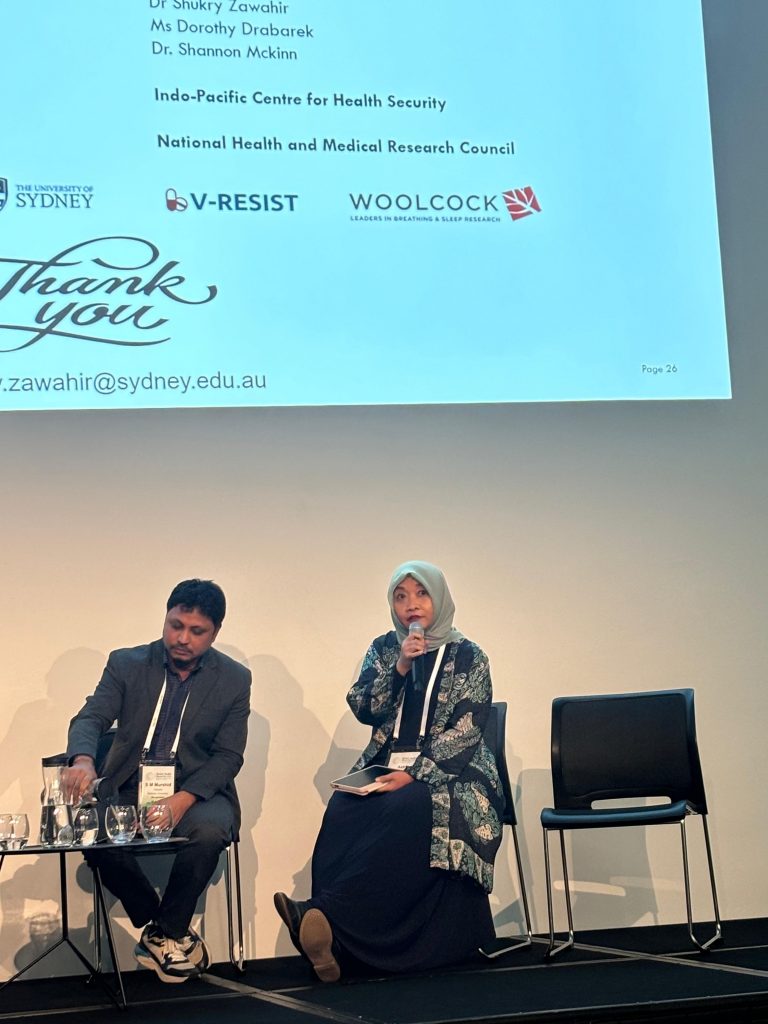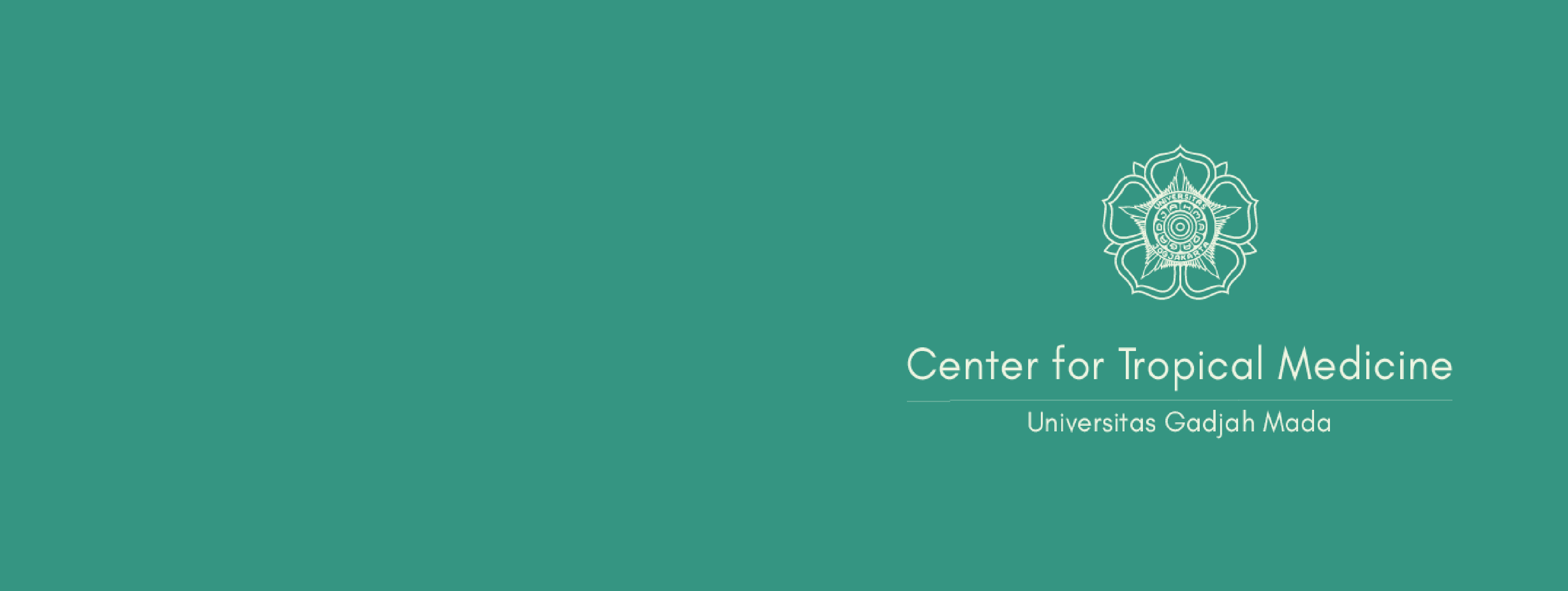Antimicrobial Resistance (AMR) is emerging as a significant global health threat, poised to challenge the medical community over the next few decades. In 2019 alone, AMR was directly responsible for an estimated 1.29 million deaths. One key contributor to AMR is the overuse of antibiotics, particularly through the purchase of antibiotics without a prescription, often from community pharmacies. Previously, surveys have revealed that a staggering 70% of antibiotic requests at pharmacies are fulfilled without a prescription.
To address this critical issue, the “Protecting Indonesia from the Threats of Antibiotics Resistance” (PINTAR) Study was launched. The primary goal of this research is to improve the practice of dispensing antibiotics without prescriptions in community pharmacies.
The PINTAR Study is a multidisciplinary research project that brings together experts from various institutions, including Universitas Gadjah Mada, Universitas Sebelas Maret, Universitas Mataram, the Kirby Institute at the University of New South Wales Australia, the London School of Hygiene and Tropical Medicine, and several other institutions in the UK and Australia. This important research is funded by the Department of Foreign Affairs and Trade Australia.

The main findings of the PINTAR Study were recently presented at the Global Health Security Conference in Sydney, Australia, held from June 18-21, 2024. Dr. Astri Ferdiana, MPH Ph.D., part of the Center for Tropical Medicine UGM, one of the researchers involved in the study, shared these crucial insights. The findings revealed that educational interventions delivered via WhatsApp to community pharmacists, coupled with peer support and educational materials for pharmacy visitors, could significantly reduce the dispensing of antibiotics without prescriptions by 20%.
This finding illustrates the effectiveness of communication interventions, the PINTAR Study provides a valuable blueprint for future efforts to reduce antibiotic misuse. Also, PINTAR Study indeed emphasizes the potential of educational outreach to pharmacists and the public in reducing antibiotic misuse, contributing to global efforts to combat AMR.

